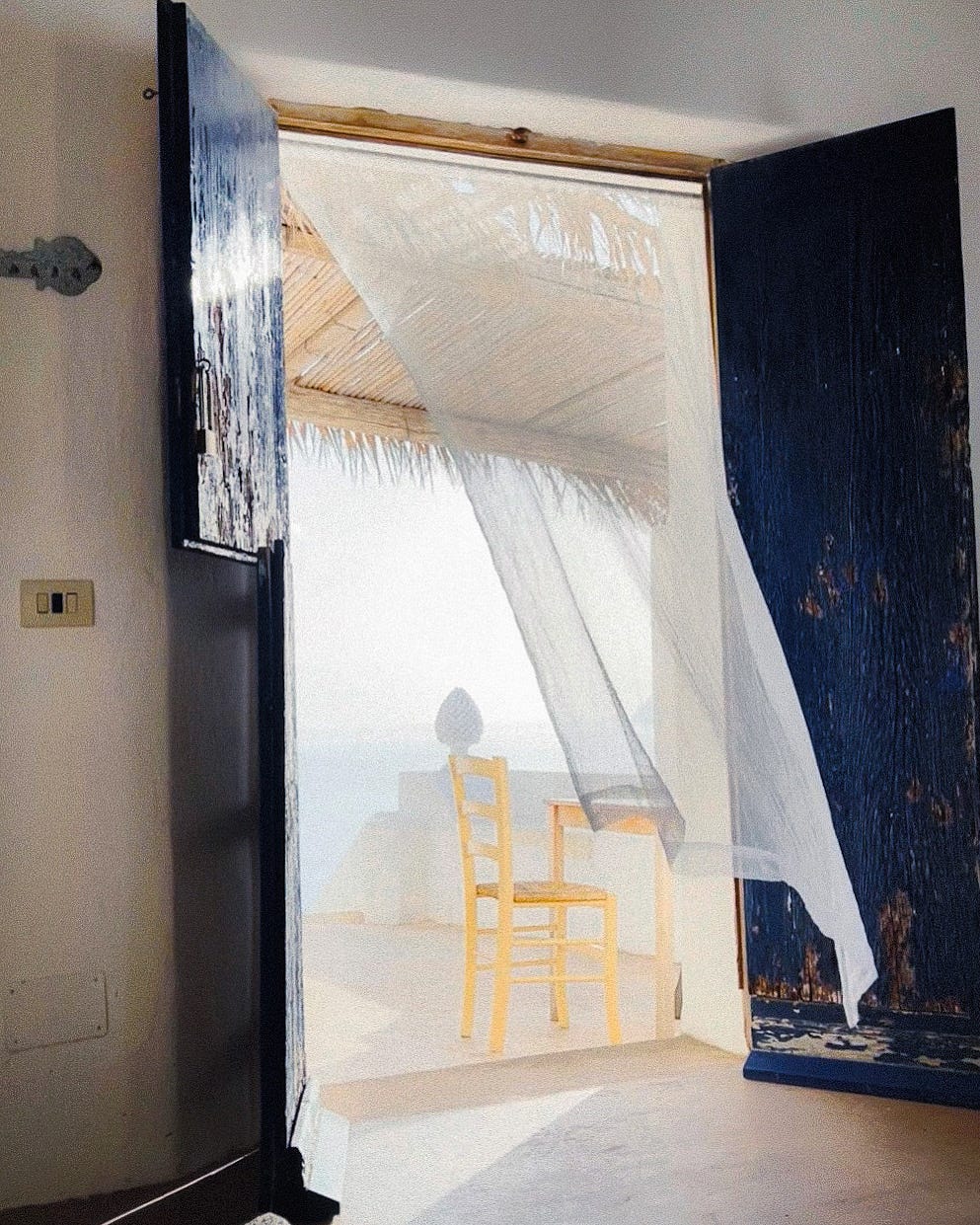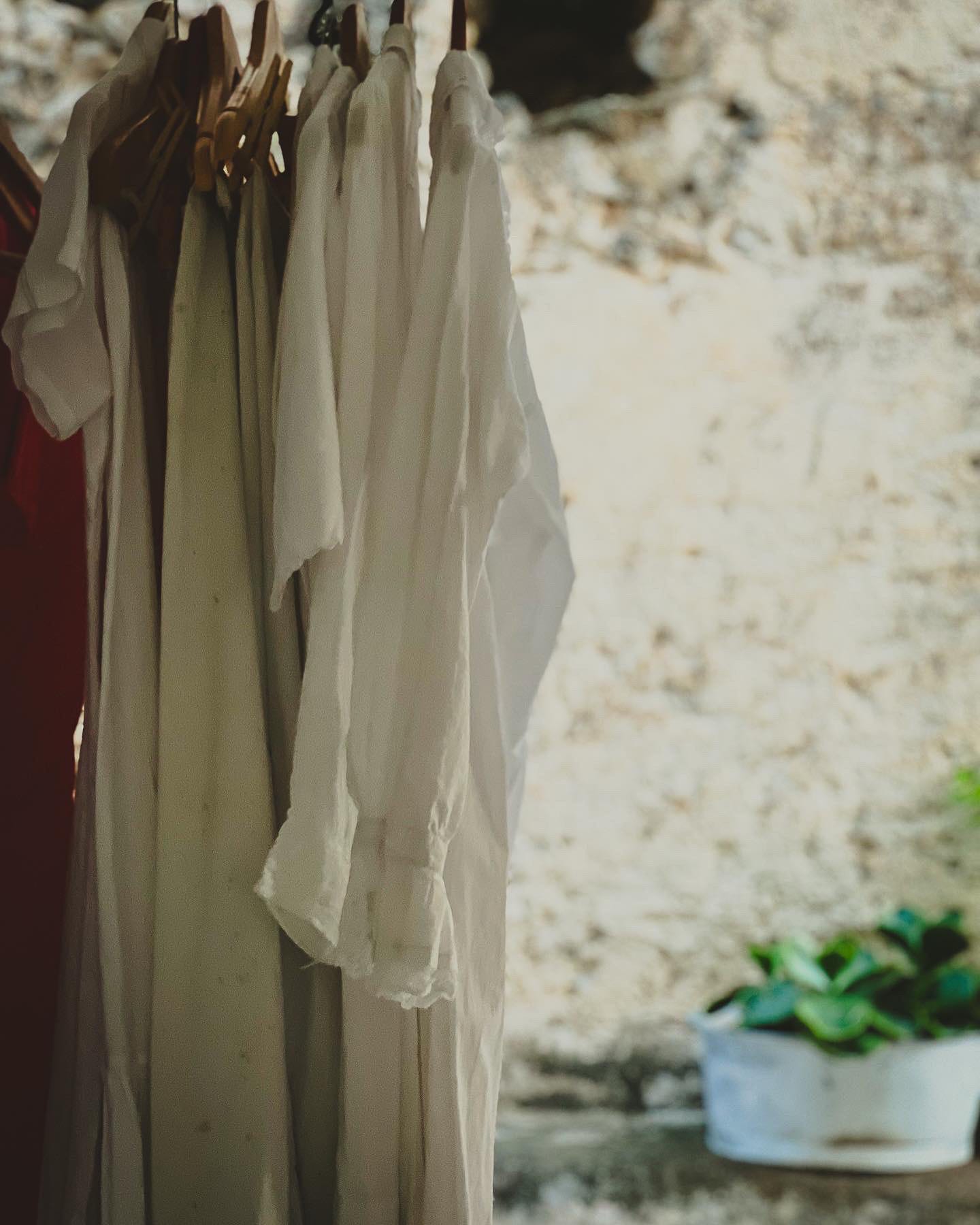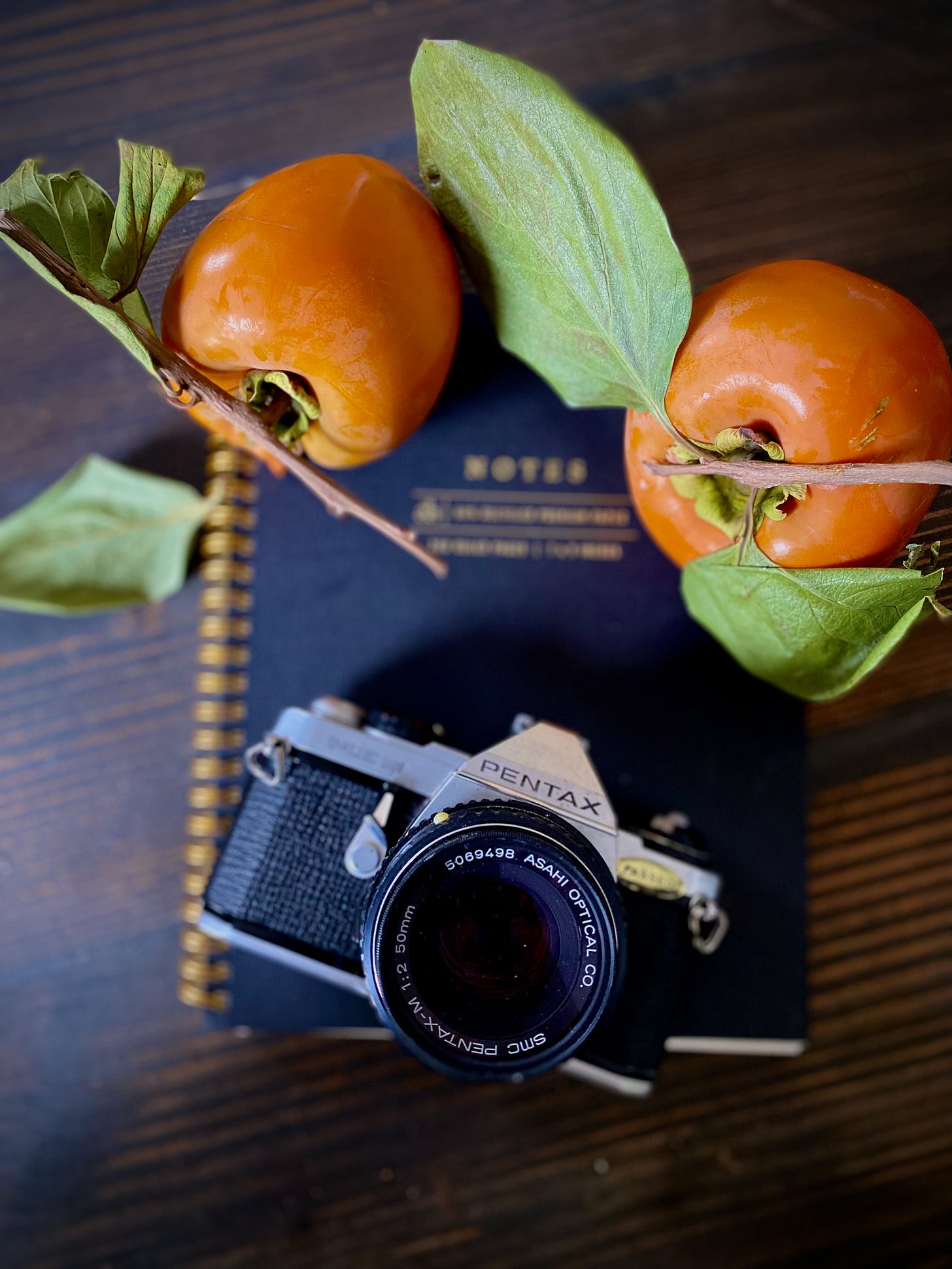As I prepare for the autumn writing retreat I launched last week (you can learn more about it by clicking this link here—bellafigurapodcast.com/workshops), I’ve been brushing up on what I know about epigenetics, or what is poetically called “blood memory,” as well as family constellations, a type of therapy that posits the traumas of our ancestors can haunt us emotionally and psychologically, as well as imbue us with gifts, such as resilience. Blood memory is something I’ve been talking about since my early days on The Italian American Podcast, and at the time the field seemed more elegiac, something that people like you and I felt in our bones but couldn’t definitively prove.
The field has come a long way since then, now considered legitimate science with growing evidence showing the things that happened to our ancestors happen to us, too. That we not only inherit characteristics of those who came before us—the way we lift our hand when we talk, the bow-legged stance we may have, our eyes or nose, our skill for cooking—we also inherit their stories, unfinished business and traumas.
It appears our behavior is much more influenced by our ancestors than we imagined, and we tend to reenact what they lived through, either trying to belong by unconsciously experiencing something similar, or trying to make right a wrong or pay a spiritual debt. We do suffer, after all, for the sins of our parents, even if we aren’t responsible for them.
It’s got me thinking, then, how much better off so many of us would be if we actually knew those stories. If the tales of suicide, abuse, addiction, murder, betrayal, abandonment, illness were brought into the light, instead of buried under silence. Previous generations thought this the best way to handle the dark aspects of family stories—pretend they never happened. But we know too much now; we know depression in one generation can lead to depression in the next; we know that suicide in previous generations could lead to suicide in the next; addiction can be passed down and so on. We need to know what patterns our genetics may be inclining us to repeat.
We want to remember the positive aspects of the people we love, and of course we should, but presenting our histories as saccharine and pastoral perfection (unless you’re one of the lucky few who actually have only sweet and picturesque family members!) doesn’t serve us or our descendants. It hides the things that come back for us. It leaves us unarmed, stripped of vital life-knowledge, which could, instead of leaving us defenseless to our traumas, help us to transform them and thrive.
“I feel very strongly that I am under the influence of things or questions which were left incomplete and unanswered by my parents and grandparents and more distant ancestors. It often seems as if there were an interpersonal karma within a family, which is passed on from parents to children. It has always seemed to me that I had to… complete, or perhaps continue, things which previous ages had left unfinished.”
—Carl Jung
In his book, It Didn’t Start With You, Mark Wolynn writes, “When your grandmother was five months pregnant with your mother, the precursor cell of the egg you developed from was already present in your mother’s ovaries. This means that before your mother was even born, your mother, your grandmother, and the earliest traces of you were all in the same body—three generations, sharing the same biological environment…The precursor cells of the sperm you developed from were present in your father when he was a fetus in his mother’s womb…In either case, both precursor egg and sperm cells, science now tells us, can be imprinted by events with the potential to affect subsequent generations…The implications of this are startlingly vast, as we see when we look at the emerging research.”
If you’ve ever wondered am I really connected to my ancestors, the answer is, Yes, you are. In ways that are wildly more engrossing than we may have thought. Our ancestors are not just part of our lineage, they are literal pieces of our bodies and blood. They shape us, create us, motivate us and influence us from the grave. We are our ancestors embodied. There is no end to them, as long as their descendants continue.
Do you know your family stories? If you do, when you die, will your children? Will theirs? I’m learning that what I thought was important about sharing family stories—giving my descendants a sense of place and belonging, letting them know who and what they come from—is actually about much more. It’s about their mental health. Their spiritual well being. The very experience and quality of life they have on this earth. I want them to be armed with the knowledge of what motivates them. I want them not only to feel connected to their ancestors, but to make the connections between who they are and who they were.
I have just two spots left in my autumn writing retreat, “Tell the Story of Your Ancestors—A creative exploration of ancestry, culture & personal history.”
The workshop will be held online, via Zoom, on September 16th and September 23rd.
If you want to learn more and claim one of these remaining spots, click on any of the black buttons in this post or click this link here—bellafigurapodcast.com/workshops.
Thanks for being here with me, truly.
xoxo,
Dolores







Thank you so much for this article. In the past three years many people have been consciously looking at ancestral trauma in their own personal lineage & how this has affected them. Check out the healing work of Sophie Bidard who tunes into unfinished business of our ancestors & helps people to understand this & heal.